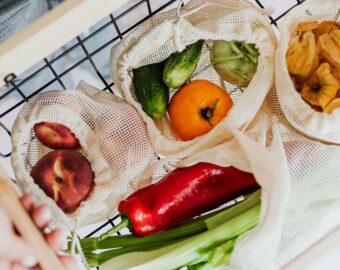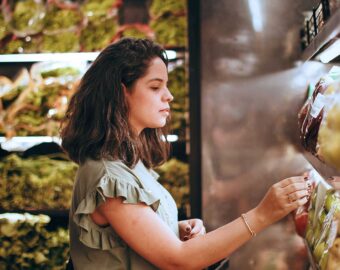
Sustainable Food Systems

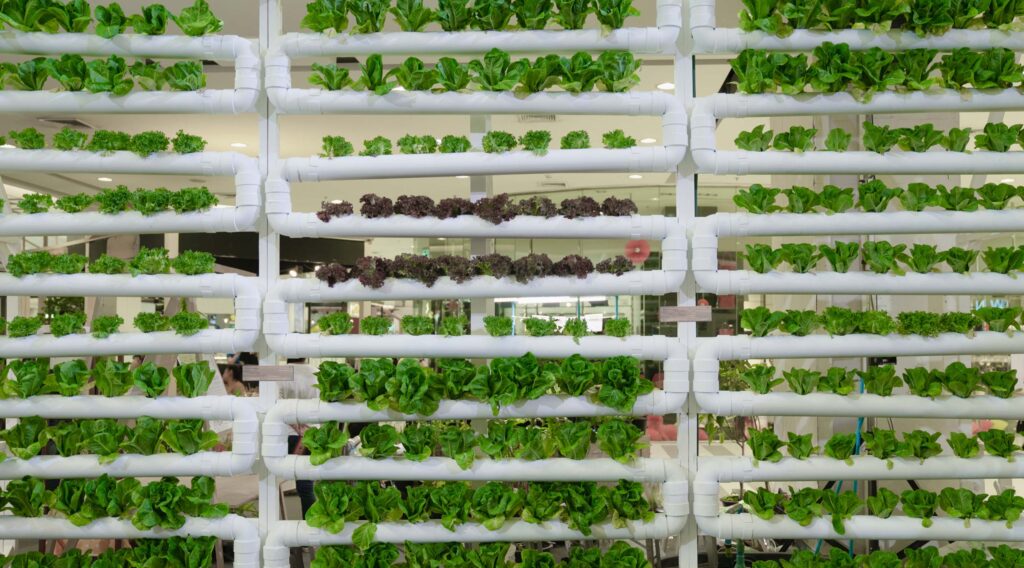
Key Messages
Consumers, professionals and food producers all have a role to play in shaping sustainable food systems. These key messages highlight what sustainable food systems are, why they matter and how everyday decisions can support meaningful changes.
- Today’s shoppers are balancing values with convenience. Sustainability is top of mind for many consumers. More and more, people want to know what they’re eating—as well as where it came from and how it was produced.[1] These questions reflect growing interest in how individual choices fit into the bigger picture of sustainable food systems.
- Agriculture is evolving to meet global needs more sustainably. Modern agriculture is central to building sustainable food systems. With the help of new technologies, farmers are producing more food using fewer resources.[2],[3] These advances are not only boosting crop productivity, but are also strengthening food security and helping reduce the environmental footprint.
- Consumers play a role too. While farming and food production practices drive much of the progress, individual actions can also support sustainable food systems. Everyday choices—like using a variety of foods (canned, dried, frozen and fresh), choosing “imperfect” produce and storing food properly—are simple ways to help reduce waste and improve affordability and access of nutritious foods.[4]
Research
Explore IFIC consumer research on how consumers think about sustainable food systems—from pesticide use and climate change to food waste and regenerative agriculture. Use these findings to help guide communication and engagement strategies.
2025 IFIC Food & Health Survey: A Focus On Food Production
Learn MoreIFIC Spotlight Survey: Public Perceptions Of Pesticides & Produce Consumption
Learn MoreIFIC Spotlight Survey: Climate Change Perceptions & Purchase Impacts
Learn MoreIFIC Spotlight Survey: Consumer Perspectives On Regenerative Agriculture
Learn MoreResources
Take a closer look at sustainable food systems with expert perspectives on key topics like farming and food production, food storage practices and the role of biotechnology.

The Players & Pathways To Packaging Sustainability Wins
October 27, 2023
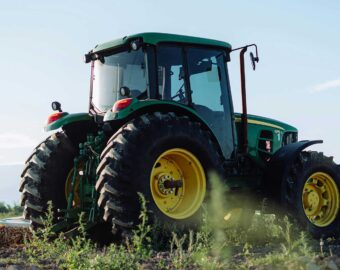
Farming Technology Insights: Biopesticides and our Food Supply
October 3, 2023
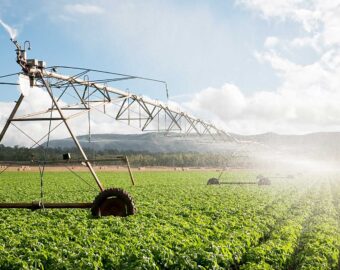
Water Use Stewardship in the Food System
August 16, 2023
Webinars
Stay current on sustainable food systems with IFIC Expert Webinars that translate complex topics into practical tips for professional use.
Social Media Inspiration
Stand out and drive engagement—our sample content provides creative ways to reach your audience with sustainable food systems facts.
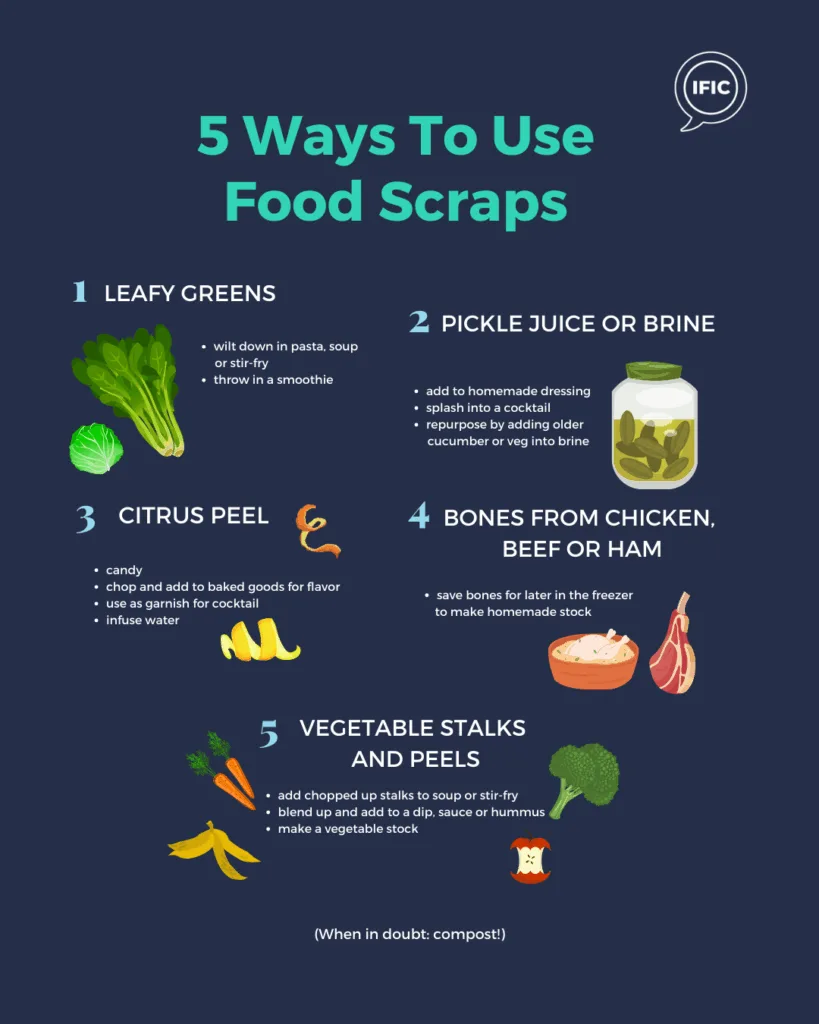
5 Ways to Use Food Scraps
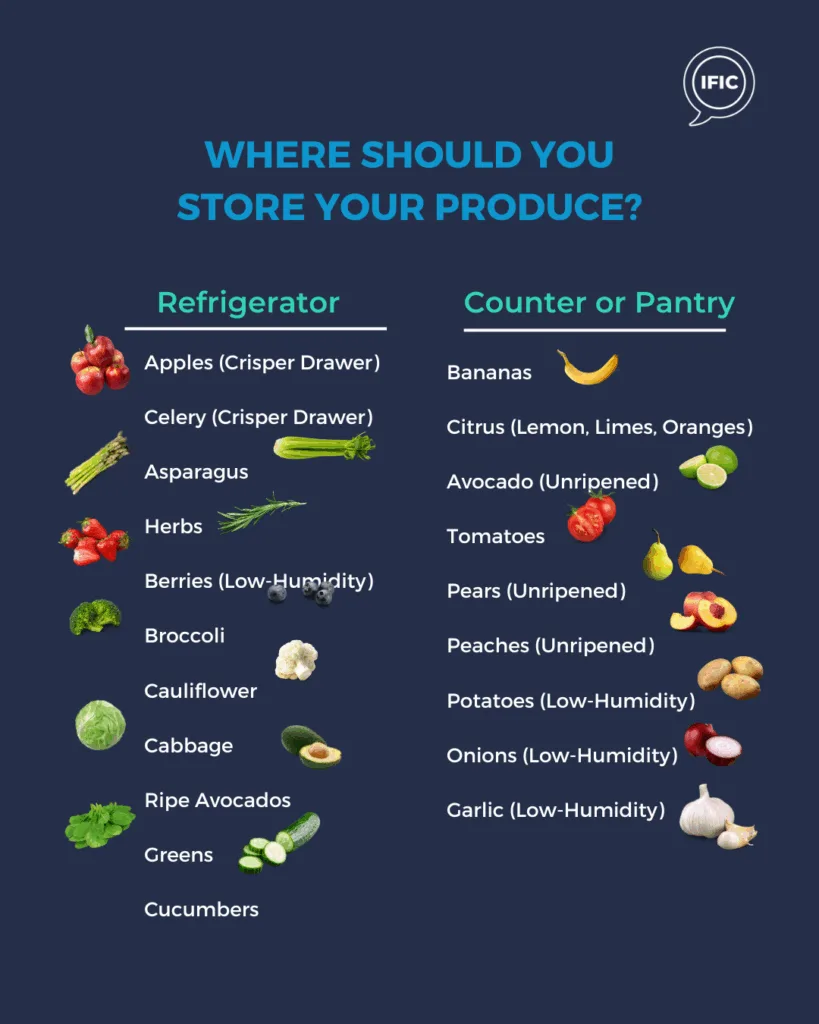
Where To Store Your Produce
In the News
IFIC Research & Consumer Insights is helping shape the conversation on sustainable food systems. Delve into media coverage featuring our team’s expertise.
- Food Business News What comes after upcycling … or is it before?

